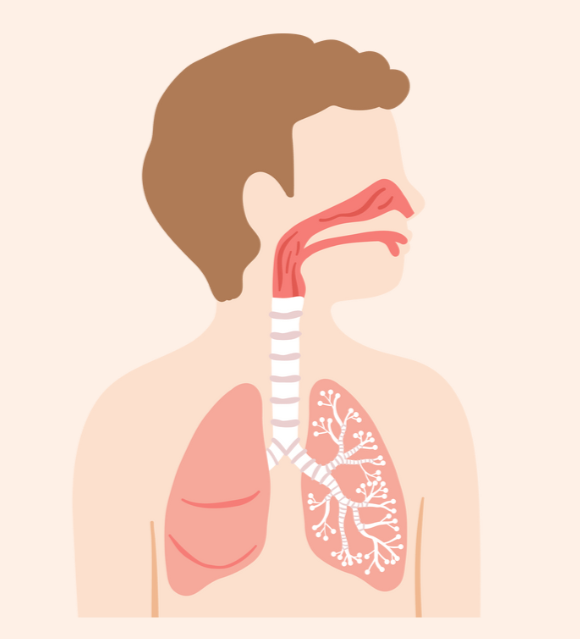
Are you wondering what you should eat to help with your diabetes? Is there a list of POWER foods that can help replenish required nutrients? What are key foods that I should be adding into my diabetic meal plan? Look no further!

We have compiled a list of foods with a low glycemic index ranking of carbohydrate-containing foods, based on their effect on blood glucose compared with a standard reference food. These foods provide key nutrients that are often lacking in the typical Western diet, such as fiber, magnesium, and calcium.
1. Dark Green Leafy Vegetables
Spinach, collards, and kale—these powerhouse foods are low in calories and carbohydrates. You can never have too many dark leafy greens!
Serving size: One cup (250 mL)
2. Whole Grains
It’s the germ and bran of the whole grain that you’re after. They contain all the nutrients that a grain product has to offer. Try steel-cut oatmeal for breakfast, or flax seeds in your smoothie!
Serving size: 35-45g or ½ cup (125 mL)
3. Sweet Potatoes
A starchy vegetable packed full of vitamin A and fiber. Try them in place of regular potatoes for a lower GI alternative.
Serving size: ½ cup (125 mL)
4. Berries
Berries are packed with antioxidants, vitamins, and fiber. Make a parfait by alternating the fruit with non-fat Greek yogurt for a new favorite dessert or morning snack!
Serving size: ½ cup (125 mL)
5. Fat-Free Milk and Yogurt
Everyone knows dairy can help build strong bones and teeth. In addition to calcium, many fortified dairy products are a good source of vitamin D. Be sure to watch the sugar content in many yogurts. Plain yogurt usually contains the lowest amount of sugar.
Serving size: 1 cup of milk and ¾ cup of yogurt
6. Citrus Fruit
Citrus fruits contain high amounts of soluble fiber and vitamin C. Choose from raspberries, blueberries, blackberries, and more!
Serving size: 1 medium
7. Fish High in Omega-3 Fatty Acids
Salmon is a favorite in this category. Avoid the breaded and deep-fried varieties. Your goal should be 6-9 ounces of fish per week.
Serving size: 75g (2 ½ oz)
8. Beans
Beans are very high in fiber, which takes longer to digest and therefore affects blood glucose more slowly, giving you about 1/3 of your daily requirement in just a ½ cup. They are also good sources of magnesium and potassium. Be sure to drain them before use!
Serving size: ½ cup (125 mL)
9. Nuts
An ounce of nuts can go a long way in providing key healthy fats, along with hunger management. Other benefits include a dose of magnesium and fiber. Some nuts and seeds, such as walnuts and flax seeds, also contain omega-3 fatty acids.
Serving size: ¼ cup
10. Tomatoes
Whether pureed, raw, or in a sauce, tomatoes provide vital nutrients like vitamin C, iron, and vitamin E.
Serving size: 1 medium or ½ cup (125 mL)
11. Honorable Mentions
Blueberries, vinegar, cinnamon, and olive oil



























































































































































































































































































